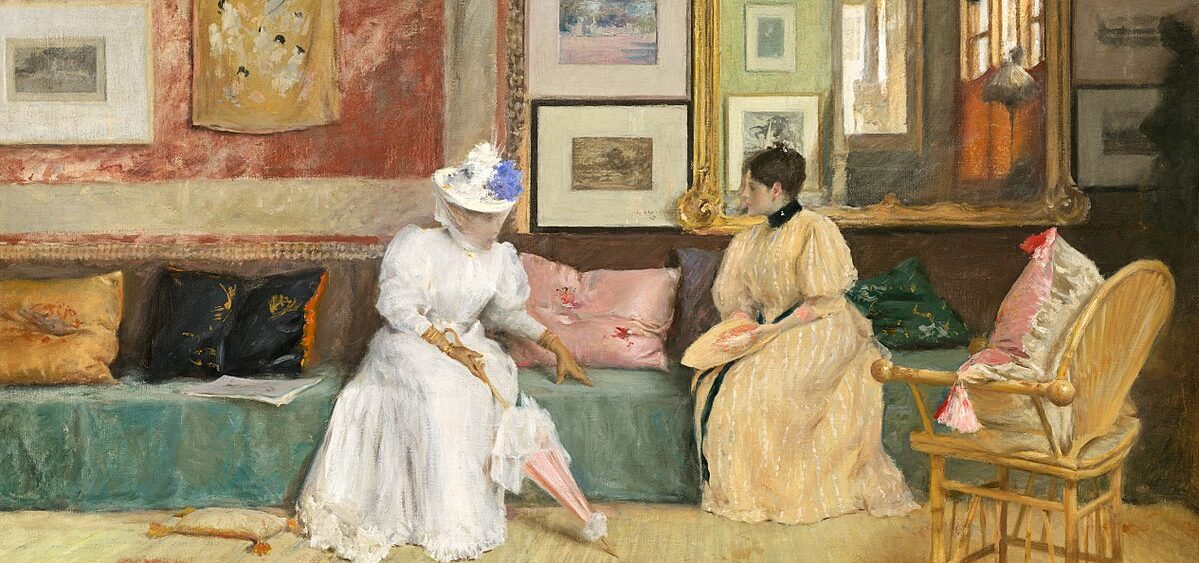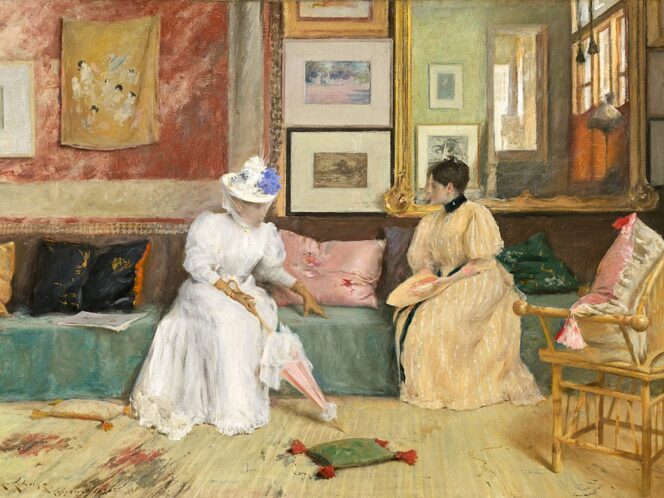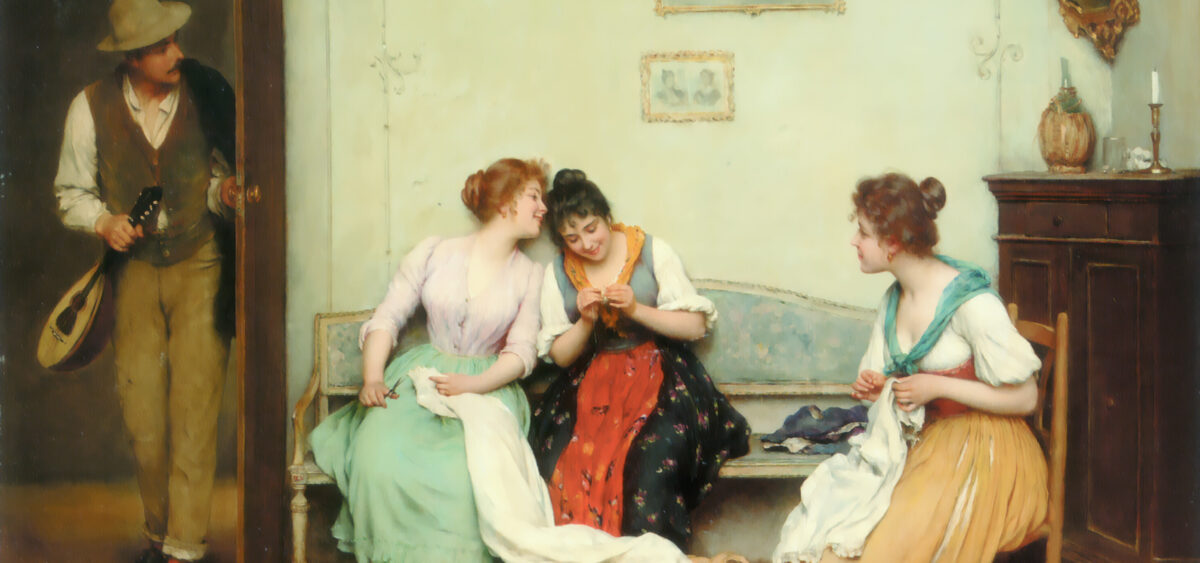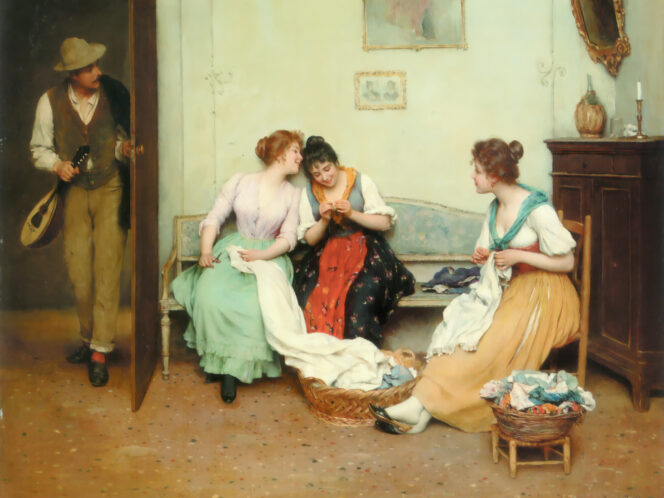
As children, we dream about a best friend who would be our soulmate and then, as adults, we miss him or her. To what extent are the need for friendship and the ability to form this kind of relationship encoded in us and to what degree are they socially acquired?
Before a child understands the nature of romantic love, they learn about friendship. In the academy of feelings, friendship precedes love. They swap places later, which doesn’t occur without effort. There is a big chance that at an early stage of life all of us went through a break-up with a friend. Apart from family tragedies, there is nothing so devastating for a child. At least that’s how it was, pre-internet, when cutting ties was a definitive act: no texts or WhatsApp messages. A whole drama, or rather tragedy, of separation was beautifully evoked in the final scene of Steven’s Spielberg’s E.T.:
“Come,” says a cosmic child while embarking on a spacecraft about to leave our planet.
“Stay,” says an earthling child.
It’s hard to forget having a knot in one’s heart as the day of departure approached—the day when we were to leave one city for another, or return from a summer camp, a family vacation, or abroad. Everyone would go back to a different place and different life; it was a great lesson in loss. Before returning to Prague after a four-year stay in Warsaw, my seven-year-old Czech neighbor told me with tears in his eyes how he had to say goodbye to his classmate: “I will never, never, never see him again.” It sounded as if he knew that repeating the word three times was like casting a spell or like fate knocking at the door:








